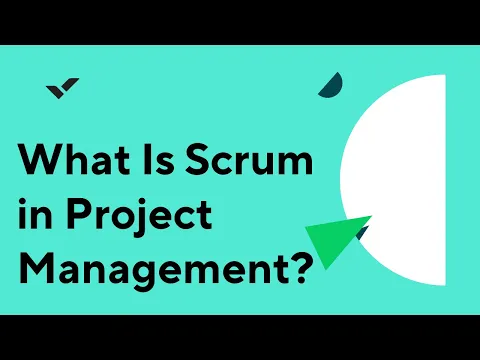We all hear the term project management, but what is it? Project management is the process of leading a project from start to finish to meet particular objectives and complete specific tasks. For any project to succeed, you need an effective project manager who can assemble all the elements to ensure that things are completed on time and within budget. From industries to technology, the project management process has been used to oversee the successful operation of countless projects.
When it comes to project management, the underlying project management framework is surprisingly consistent throughout a variety of project types. Although every project is unique, six distinct project management styles have proven highly effective. Understanding the various project management styles can help managers determine the best project strategy. So let’s look at the six types of project management and see what sets them apart.
Waterfall Project Management Approach
As the name suggests, Waterfall Project Management Approach is an orderly, step-by-step approach to project management. This type of project management involves defining each step of a process and then “flowing” through the steps without developing any further details until the later stages of development. It’s ideal for projects with well-defined and predictable requirements, as it emphasizes high quality and reliability.

Of course, with this strategic approach comes the challenge of ensuring no room for mistakes due to rigidness. All six project management types have their strengths and weaknesses; however, when done right, Waterfall can be incredibly helpful in keeping things running smoothly. Along with its rigidity, Waterfall also has the advantage of producing a long-term final product.
Agile Project Management Approach
Agile Project Management is quickly becoming the go-to methodology in project environments. It’s an iterative approach that values flexibility and adaptability, allowing projects to respond to changes and shifting customer needs. Agile principles prioritize working software over comprehensive documentation, breaking tasks into smaller portions to increase productivity.
Plus, it enables cross-functional teams to collaborate better, resulting in high engagement and cohesive team dynamics. This approach allows executives and project managers to track progress, analyze performances, and identify risks early, enabling timely corrective actions. For projects that require a lot of collaboration and consistent feedback from stakeholders, Agile is the way to go.
Scrum Project Management Approach
Similar to Agile, Scrum is also an iterative approach to project management. It’s designed for teams who want to rapidly complete projects in short bursts without sacrificing quality and reliability. By utilizing this method, project managers can identify and swiftly address any potential problems early in the process. The Scrum project management approach is an excellent option for build-heavy projects, such as to build an air pollution app or developing some other complex app. It’s a flexible methodology based on self-organizing teams that collaborate and iteratively build on their work.
Instead of long planning and strategy sessions, the focus is on creating high-value pieces quickly to build out the entire app and get customer feedback early and often. In addition, to building speed, this method emphasizes teamwork and communication, ensuring a tight-knit unit working together toward a common goal. As with any project manager mindset, scrum requires strong leadership skills to ensure goals are met, but it’s an excellent approach for completing quick but impactful builds.
Lean Project Management Approach
As anyone who has ever completed a project can tell you, having a clearly outlined approach is critical to the foundation of any successful endeavour. For project managers, this means developing the proper framework that meets their needs and that of their teams. One such approach to consider is Lean Project Management, which is focused on maximizing customer value while minimizing waste.
This methodology creates faster turnaround times by emphasising quality, eliminating unnecessary production, and ensuring upfront planning before execution. Lean approaches encourage customer collaboration throughout all stages of the development process, from initial conception to final product delivery. It’s an effective way for managers to streamline their project management processes for maximum efficiency.
Kanban Project Management Approach
Project management can bring even the most fantastic ideas to life, but only if done well. That’s why it’s essential to know the different ways of managing projects to decide which approach suits your project best. Among the six major types of project management, Kanban Project Management is becoming increasingly popular due to its simplicity and flexibility.
It works on a pull system and focuses on incremental delivery for process improvement, allowing teams immense control over the outcome by keeping tasks visible throughout the process. It doesn’t require an excessive amount of planning, thus making it ideal for rapidly changing environments and shorter projects.
All these features make this project management style a great option when you want to streamline and improve efficiency within a team. Sometimes, simpler is better. These project management approaches can help executives and managers successfully manage their projects and create desirable results.
Extreme Project Management Approach
But what happens when you need something extra to complete those projects? That’s where Extreme project management comes in. This method combines the benefits of multiple project management approaches while adding elements of extreme programming, such as rapid prototyping and continuous integration. It emphasizes customer collaboration, adaptability, and resilience in times of change. By applying this methodology, teams can quickly and effectively accomplish their tasks most efficiently.
Extreme project management is an excellent option when you want complete control over a project while still engaging customers and allowing for quick pivots if necessary. It’s also great for those looking to increase efficiency and reduce costs by streamlining their processes. With a revolutionary approach, you can tackle any project organisation efficiently while getting the desired results.
